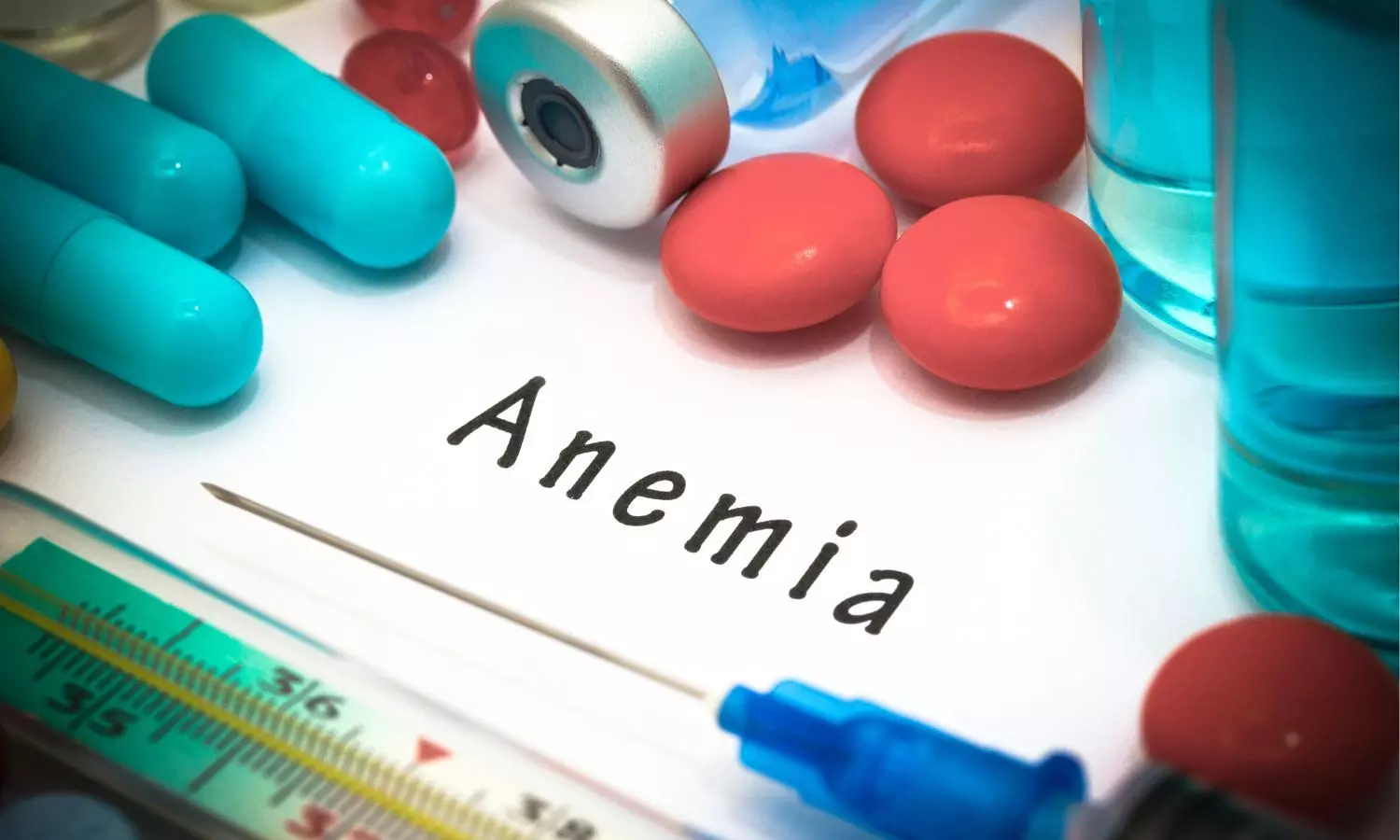Anaemia may adversely impact Early Childhood Development, suggests new study

Iron plays a vital role in the growth and development of young children. In low- and middle-income countries, anaemia is a significant health issue, and young children are vulnerable to iron deficiency anaemia. Previous research studies have shown the association between low iron and poor development outcomes in children.
A study published in PLOS ONE demonstrated the association between anemia and early childhood development (ECD). The study analysed population-based surveys in nine low- and middle-income countries. The unadjusted association between having anemia and ECD showed that children with moderate or severe anemia were less likely to be on track developmentally for literacy-numeracy, physical, social-emotional, learning, and the overall index in several countries.
Anaemia is a serious public health problem in most countries. Over half of children were developmentally on track, but variation was evident across countries. Significant associations were present with several developmental outcomes in bivariate analyses. Only two small, statistically significant connections were observed between social-emotional and physical development in Benin and Maldives.
In LMICs, 43% of children under the age of five are at risk of not meeting their developmental potential. More data on associations between anemia status and ECD need to be collected in extensive population-based surveys.
They found that there were no significant associations between anaemia and ECD domains or the overall ECD index except for social-emotional development in Benin and physical development in the Maldives, with AORs of 1 and 0.97, respectively. Attendance at an early childhood education program was associated with the outcomes in many countries.
They said our findings reinforce the importance of the Nurturing Care Framework, which describes a multi-sectoral approach to promoting ECD in LMICs.
The cross-sectional nature, selection bias, sample size, recall bias, null findings, and weak associations are some of the considerations related to the study’s limitations.
Many factors are associated with the child’s development. Anaemia is a single potential adverse exposure children may face. When used in isolation, nutrition and health interventions may have modest effects on ECD. However, combined with interventions from other sectors, they can play a role in promoting optimal ECD outcomes.
The study highlighted the importance of a multi-faceted, nurturing care framework to support and promote ECD in low- and middle-income countries.
Reference:
Benedict RK et al. Is child anemia associated with early childhood development? A cross-sectional analysis of nine Demographic and Health Surveys. PLoS One. 2024 Feb 28;19(2):e0298967. doi: 10.1371/journal.pone.0298967. PMID: 38416752; PMCID: PMC10901303.
Facebook Comments



